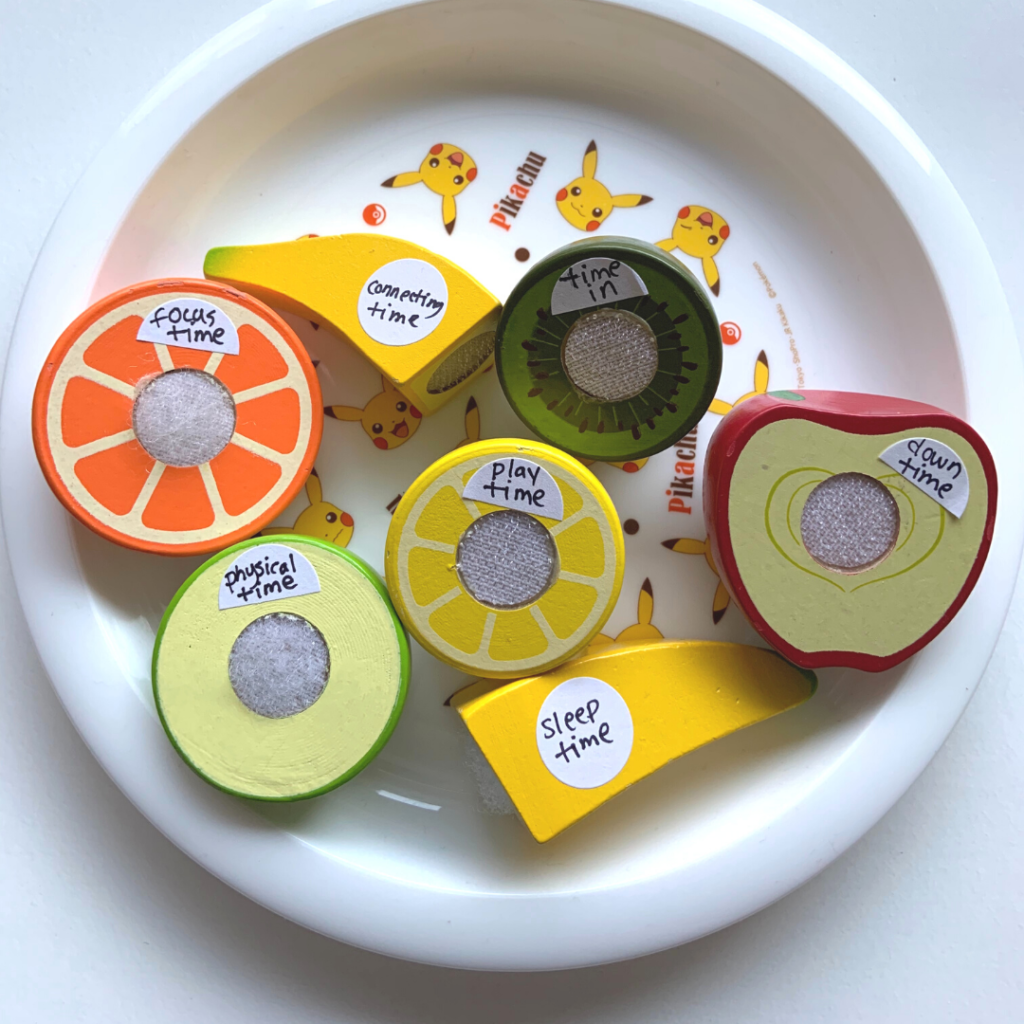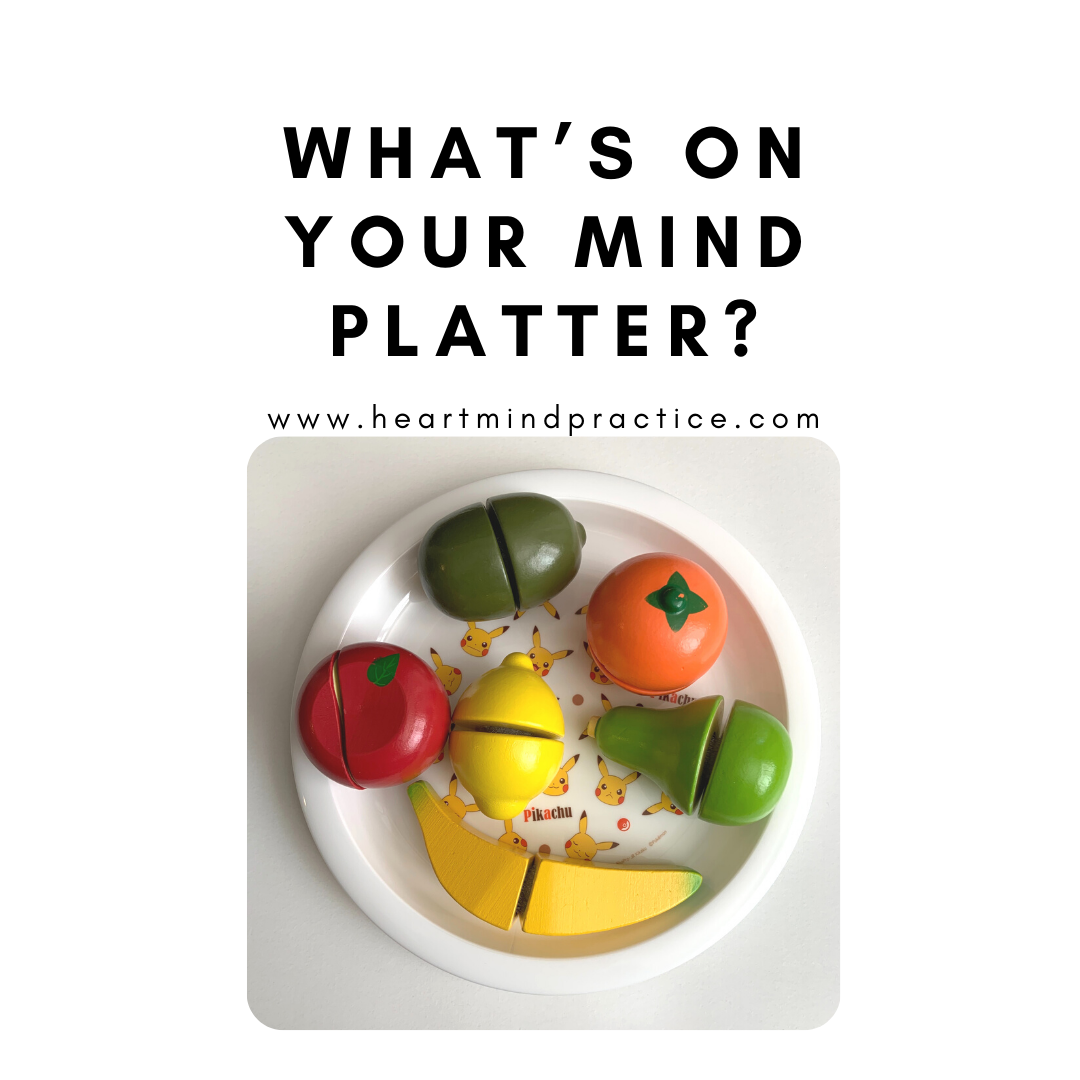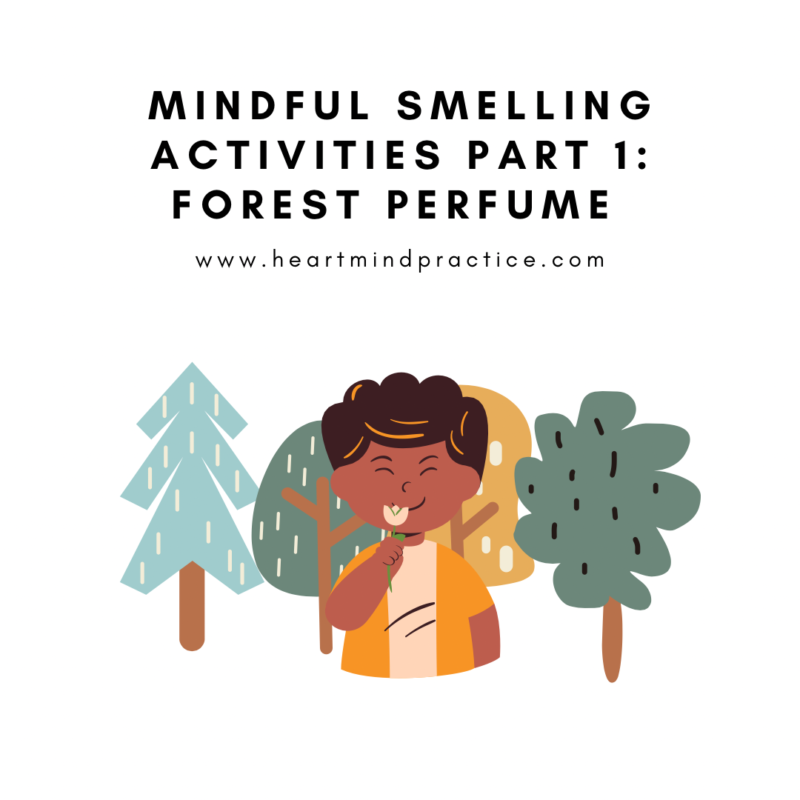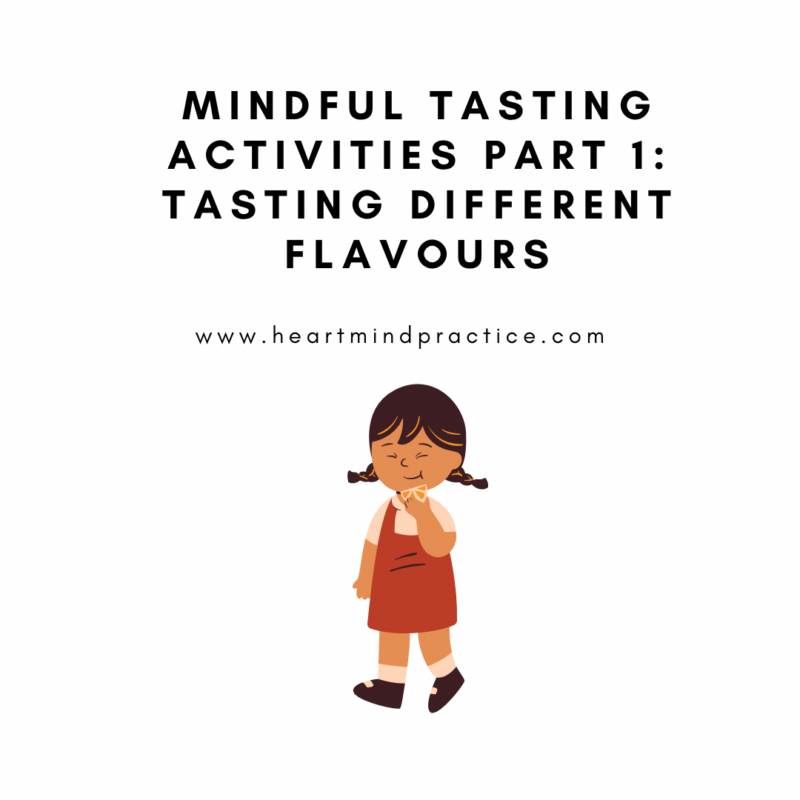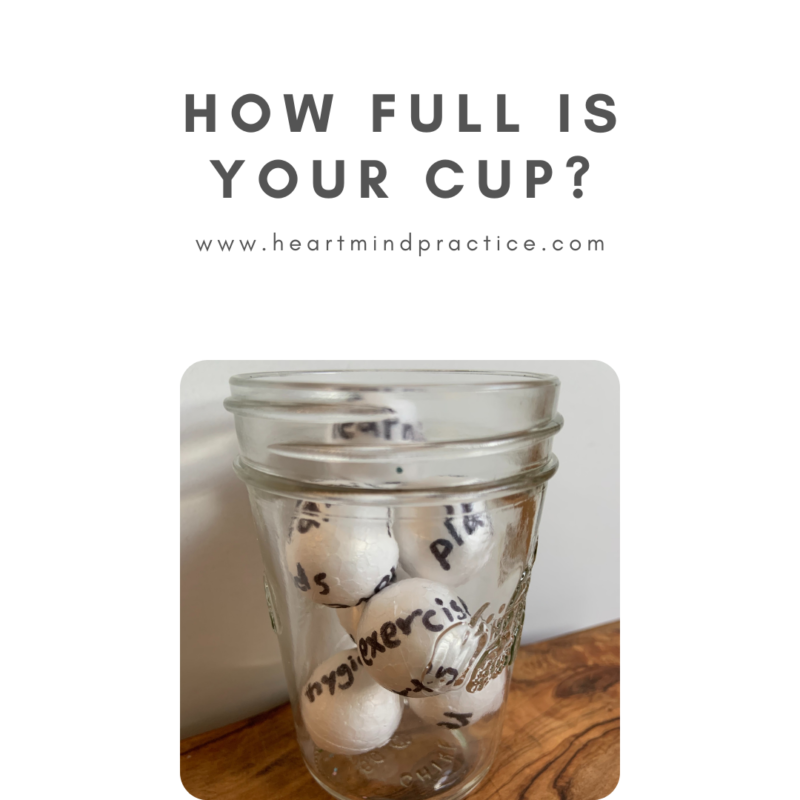The Healthy mind platter is a visual way to see what activities are needed for a healthy mind. Dr. Daniel Siegel and Dr. David Rock created this concept.
The Healthy Mind Platter has seven daily essential mental activities necessary for optimum mental health. These seven daily activities make up the full set of “mental nutrients” that your brain and relationships need to function at their best. By engaging every day in each of these servings, you promote integration in your life and enable your brain to coordinate and balance its activities. These essential mental activities strengthen your brain’s internal connections and your connections with other people and the world around you.
Dr. Daniel J. Siegel and Dr. David Rock
The 7 essential daily mental activities to optimize brain matter and create well-being are:
- Focus time
- Play time
- Connecting Time
- Physical Time
- Time In
- Downtime
- Sleep time
See https://drdansiegel.com/healthy-mind-platter/ for more information.
I really love that they emphasize that wellness is about connection to others, connection to the world around us, and to connections to the brain and body. These mental nutrients are often missed when problems in our lives get really big. Having the Healthy Mind Platter out helps me to shift my focus to wellness, balance, and connection. It’s also a way to find out more of what people are passionate about and what brings them joy each day.
Healthy mind platter activity
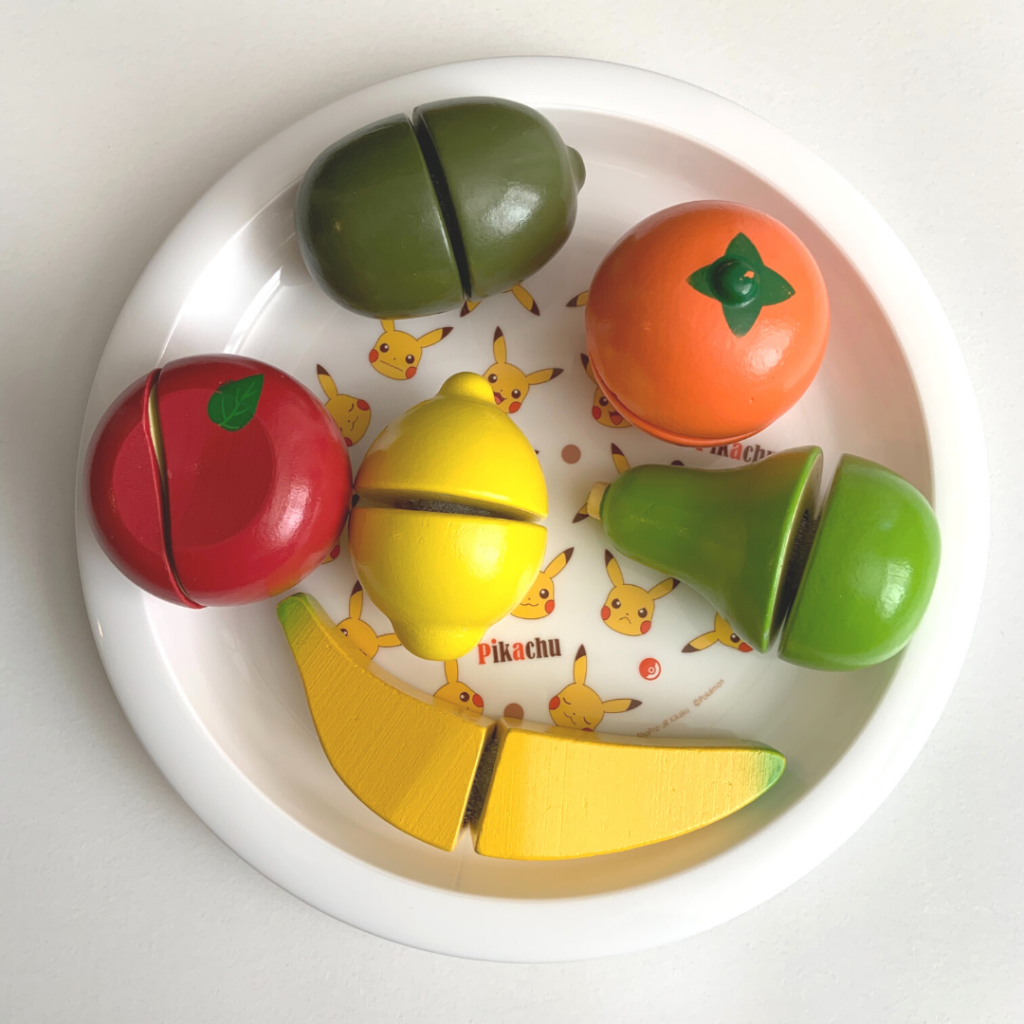
For this activity, I put out a wooden fruit set on a plate. This used to be my son’s and he just loved to cut up the fruit as a toddler. I briefly introduce the concept of the Healthy Mind Platter to the young person and together we cut each each fruit one by one discovering what the 7 daily essentials are and what they mean.
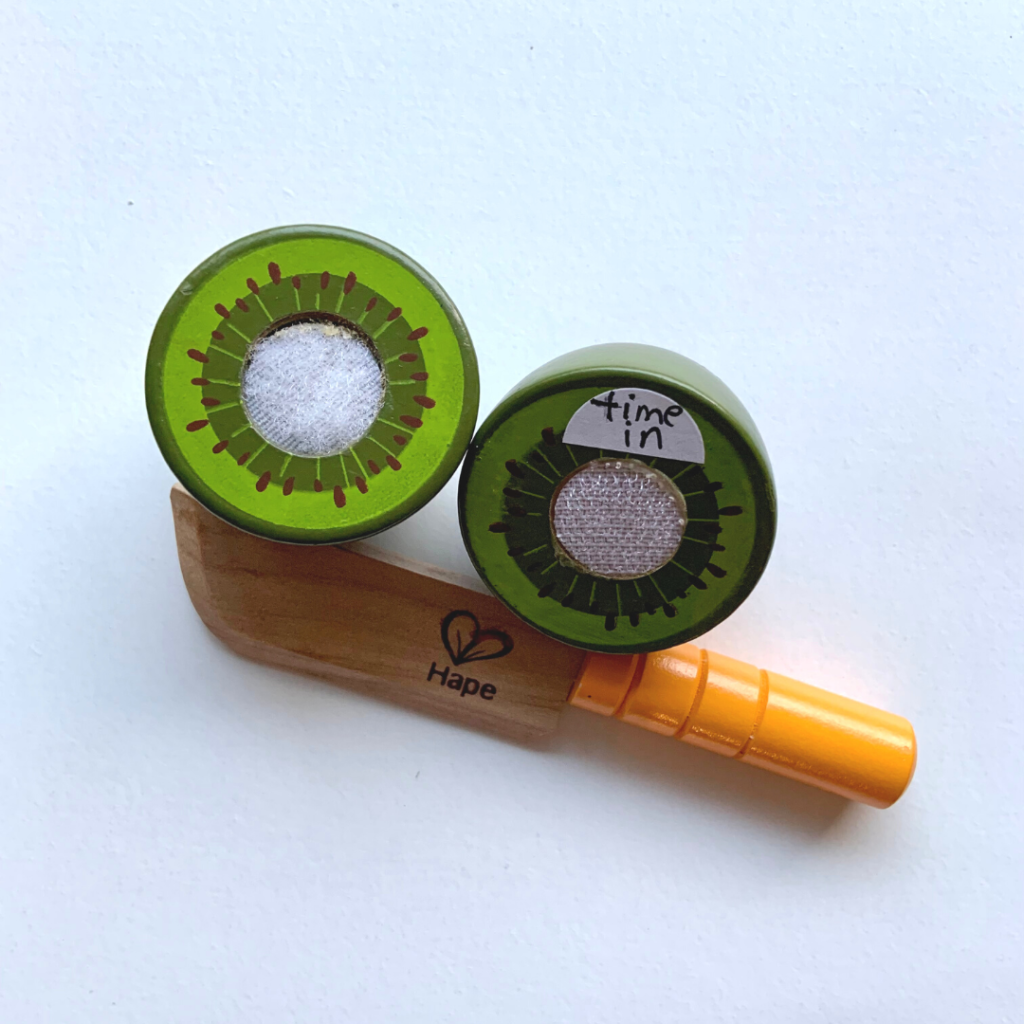
For example, for “Time In” I would read out the description: “When we quietly reflect internally, focusing on sensations, images, feelings and thoughts, we help to better integrate the brain.” Follow-up questions can include:
- What activities do you currently do for time in?
- What time of day do you find yourself being more reflective?
- What are some things you’ve done in the past that helped you to be more aware of your thoughts, feelings, and sensations?
- What are some new ways you can have time in for yourself?
- Would you like to hear some ways I like to have time in and maybe we can practice it together?
- What’s one small way you can have time in for yourself this week and when and where will you do this?
This activity can be as short or long as you deem to be appropriate for the young person you are working with.
